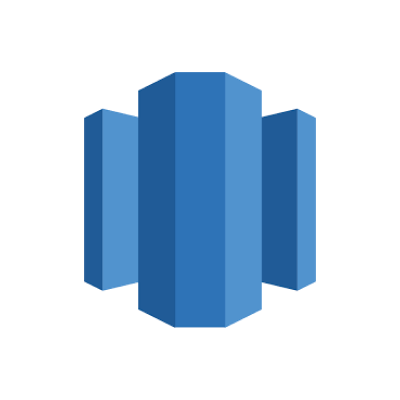Compare - Databricks VS Airflow
Here’s the difference between Databricks and Airflow. The comparison is based on pricing, deployment, business model, and other important factors.
About Databricks
Databricks provides a data lakehouse that unifies your data warehousing and AI use cases on a single platform. With Databricks, you can implement a common approach to data governance across all data types and assets, and execute all of your workloads across data engineering, data warehousing, data streaming, data science, and machine learning on a single copy of the data. Built on open source and open standards, with hundreds of active partnerships, Databricks easily integrates with your modern data stack. Additionally, Databricks uses an open standards approach to data sharing to eliminate ecosystem restrictions. Finally, Databricks provides a consistent data platform across clouds to reduce the friction of multicloud environments. Today, Databricks has over 7000 customers, including Amgen, Walmart, Disney, HSBC, Shell, Grab, and Instacart.
About Airflow
Apache Airflow is a workflow automation and scheduling system that can be used to author and manage data pipelines. Airflow uses workflows made of directed acyclic graphs (DAGs) of tasks.
Comparison Table
| Overview | ||
|---|---|---|
| Categories | Data Warehouses, Data Lakes | Workflow Orchestration |
| Stage | Late Stage | Early Stage |
| Target Segment | Enterprise, Mid size | Enterprise, Mid size |
| Deployment | SaaS | SaaS |
| Business Model | Commercial | Open Source |
| Pricing | Freemium, Contact Sales | Not Available |
| Location | San Francisco, US | US |
| Companies using it | ||
| Contact info |
Add to compare
